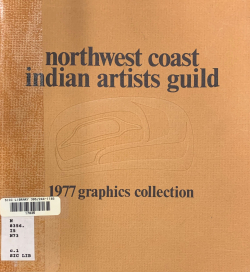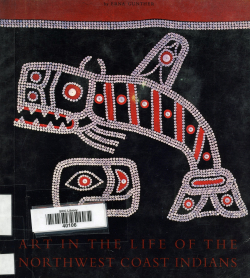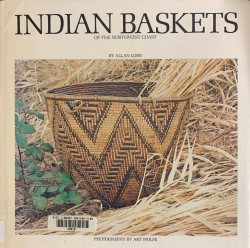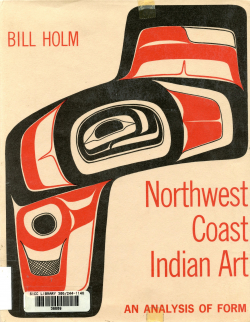The Kyuquot way : a study of a West Coast (Nootkan) community
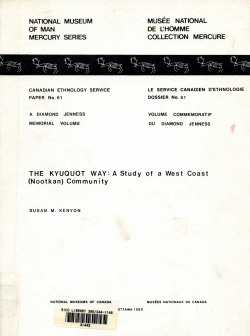
Type
Book
Authors
Susan M. Kenyon ( Kenyon, Susan M. )
Category
General Library Collection
[ Browse Items ]
Publication Year
1980
Publisher
National Museums of Canada, Canada
Pages
193
Subject
Nootka
Abstract
"The Kyuquot Way" is an account of a modern West Coast (Nootka) Indian community in historical perspective. Contemporary settlement patterns, house styles, economic occupations, social organization, political developments and ceremonial activities are analyzed against a background of how these forms have evolved, especially during the last century for which we have adequate documentation. It is shown that while there has been substantial innovation in terms of material culture, technology and political institutions, there has been a great deal of continuity in the types of social interaction observed, and the values and ideals shared in the community. Commercial fishing now dominates the economy of Kyuquot but as an occupation, this implies no break with the past. It is often carried out simultaneously with the collecting of food for home consumption. Political organization is now dominated by the federally imposed band system, but to some extent this merely consolidated a process that had long been developing and does not exclude traditional political processes. Directed changes are less apparent in aspects of social organization, although changes have certainly occurred in the last century, particularly as a result of population decline. Old ideals of dynamic extended family groups are still the norm, however, an ideal manifested in the establishment of a new village settlement at Houpsitas. Attitudes also to more distant relatives, to marriage and to affines, to adoption and to child-rearing all reflect developments which can best be understood in view of what has gone before rather than simply as the result of recent changes.
Finally, the people of Kyuquot share a commitment to a certain way of life, the Kyuquot way. This includes Catholicism as well as traditional ceremonies, store goods as well as dependence on salmon, rugged living conditions as well as very beautiful surroundings. Above all, it implies a continued association with a particular area of land and sea and with certain traditions and values which have been handed down from generation to generation." -- page vi.
Finally, the people of Kyuquot share a commitment to a certain way of life, the Kyuquot way. This includes Catholicism as well as traditional ceremonies, store goods as well as dependence on salmon, rugged living conditions as well as very beautiful surroundings. Above all, it implies a continued association with a particular area of land and sea and with certain traditions and values which have been handed down from generation to generation." -- page vi.
Number of Copies
1
| Library | Accession No | Call No | Copy No | Edition | Location | Availability |
|---|---|---|---|---|---|---|
| Main | 31442 | GN1.C21 K42 | 1 | Yes |

